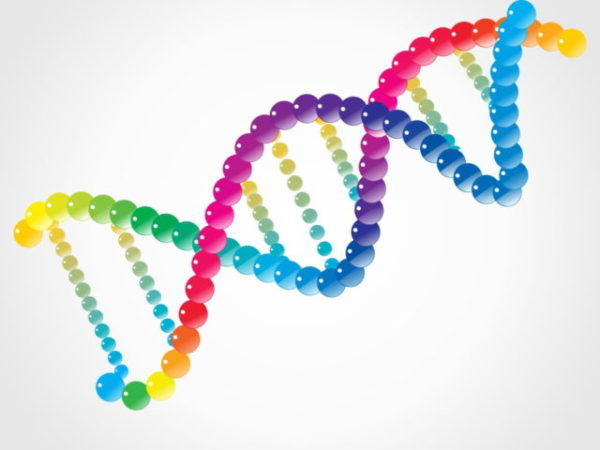
With ancestry tests having surged in popularity over the last decade, DNA test companies are looking for new ways to utilize genetic information for the benefit of users. One of the newest approaches is through health testing.
Using the same science and technology as genealogy tests, top DNA companies like MyHeritage and 23andMe are offering genetic tests that identify indicators of major health issues that could affect us as we age.
DNA testing originally gained popularity due to its ability to trace our ancestry and tell us more about our origins. Direct-to-consumer test kits have become immensely popular for their exciting reveals and ease of use—all you have to do is swab your cheek, send in the sample, and wait a few weeks for a detailed report that reveals your lineage, heritage, and perhaps even some distant relatives.
While interest in genealogy is still surging, companies are exploring ways in which our genetics can teach us about the future as well as the past. This new trend of medical DNA testing offers a chance to identify potential health risks embedded in our DNA structures, and take action before they materialize.
Preventative Health Through DNA Testing
The idea behind DNA health testing is that key health factors—or at least dispositions to them— are embedded in our genetic makeup and that analysis of our DNA can reveal risks of major diseases and inherited illnesses. By discovering these dispositions, the idea goes, we can take preventative measures and get a head start on our own health.
Most health-based DNA test kits are identical to genealogy tests. All they require is a DNA sample, usually through saliva or a cheek swab. The results vary from company to company but can focus on everything from major health dispositions like Alzeheimer’s, to metabolic patterns that can assist us with weight loss, and physical trait probabilities that can help us anticipate, say, balding, or signs of aging.
The driving force behind medical DNA tests is to help us identify health risks our DNA might carry. This way we can address them through health management, lifestyle changes, and wellness routines.
Discovering Health Risks Before They Can Materialize
One of the most successful DNA test companies on the market, 23andMe, covers genetic health and carrier status information in its test kits. Its lab detects genetic variants in the user’s DNA profile that are associated with health conditions such as Type-2 diabetes, celiac disease, and late-onset Alzheimer’s disease.
MyHeritage, another heavyweight in the DNA field, has also added a health component to its popular DNA tests. These tests yield genetic risk reports which compare each user’s genetic profile with the risk factors found in the general public. This allows you to see how your risk of developing illnesses such as heart disease or breast cancer compares to the public.
It’s important to note that the findings from DNA health tests are merely predictions based on general patterns and comparison with larger DNA fields. As most DNA companies state on their web pages, they’re not meant to be taken as diagnoses or guarantees that you’ll develop the conditions, but rather information to be considered or shared with a doctor for the sake of preventative health.
Better Living Through DNA
Many are finding these tests useful for detecting risks they may encounter later in life, which they can then parlay into health management approaches and wellness routines.
ALLEL, for example, a dermatologically approved skincare company, offers a DNA test that focuses on collagen, pigmentation, and other factors that contribute to the skin’s aging process. Alongside its tests is a line of serums and creams designed to target the deficiencies found in each user’s DNA makeup.
Nutrisystem is a popular weight-loss program that uses DNA tests to help users discover how their genetic composition affects their metabolism and eating habits. Other companies use DNA to zero in on physical traits, athletic performance, and even stress and depression.
What all these companies have in common is that they offer personalized suggestions, as well as the opportunity to turn results into actionable prevention with supplements, skincare products, or tailored weight-loss programs.
Buying and Taking DNA Health Tests
Medical DNA kits are readily available from a number of companies, and oftentimes can be paired with traditional genealogy kits. That’s the case with two of today’s leading DNA companies, MyHeritage and 23andMe, which offer both ancestry and health testing. When comparing 2 kits, some important features to look out for are price, collection methods, and the depth of the reports.
As DNA science continues to evolve, test-kit companies will be searching for even more ways to turn genetic analysis into a tool for better living. DNA tests gained popularity because they showed us our origins. Now they’re allowing us to anticipate our health as we age, and act on it.














